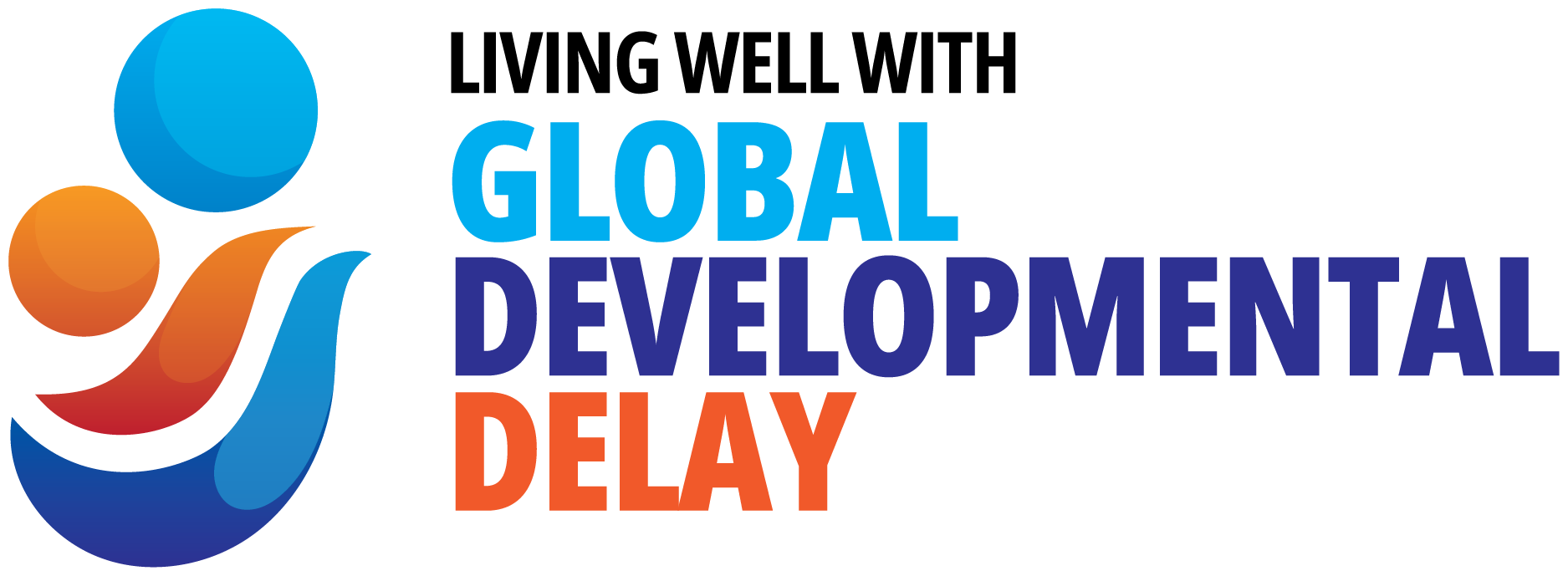- After the planning meeting you will have new goals.
- It might be useful to think what do you might need for the next year?
Making the most of your plan
Key Messages
Making the most of your plan.
After the planning meeting
You would have gone into your NDIS planning meeting with some idea of what services you might be wanting. Going through the planning meeting may have helped you to think differently about what you need for your child and family.
- Your planner may have given you new things to think about.
- You have now set new goals.
- You may want to rethink what services your child needs.

New NDIS goals. What do you need for the next year?
To get the outcomes you want for your child, when planning for the year, it can help to think about all your services, not just NDIS. How can they work together to support your child and reach their goals.
What to think about:
What services, sometimes free, in the community, can meet my child’s goals that are not related to NDIS funding e.g. recreational activities early childhood education, school and health services?
If you have current providers, do they have the expertise to address your goals? Do you stay with them, look at other options for now and later?
You have the right to quality services.
You have the right to complain.
Your child has the right to be safe.
You have the right to supports from the providers and workers you choose.
Are your services meeting Best Practices in Early Childhood Intervention recommendations?
Will you be able to deliver services at home, childcare, or school if you want them?
Have you thought about safety? NDIS has rules to protect you.
“NDIS participants have the right to be safe and to receive quality NDIS services and supports from the providers and workers they choose.” https://www.ndiscommission.gov.au/participants
Do your early interventionists have Working with Children Checks? https://www.acic.gov.au/services/national-police-checking-service/find-out-more-information/working-children-checks
and NDIS Worker Checks.
NDIS has a Code of Conduct
“The NDIS Code of Conduct promotes safe and ethical service delivery by setting out expectations for the conduct of both NDIS providers and workers.”
https://www.ndiscommission.gov.au/about/ndis-code-conduct
This is a useful link. https://www.ndiscommission.gov.au/resources/fact-sheets-and-guides/fact-sheets-and-process-guides#paragraph-id-3069
When you were planning did you find out about, think about other ways to receive supports and services? What else is available? You could think about parent training programs that help you develop different skills and connections eg Hanen ®, Key Word Sign, Stepping Stones Triple P
Children change as they develop, especially when they are receiving early intervention.
When you choose a service, it doesn’t mean that you have to lock yourself in for the whole year. You might decide to think about the length of time in a service matching with what is happening in your child and family’s life.
Is your child starting school or childcare? Perhaps you need particular services at this time. Maybe some services can be more intensive or less for a while. Do you need them at the centre as well as a home? Do you need your team to meet?
NDIS requires that all participants and have the right to change their supports and services and this should be covered in your service agreement with a provider.
Are there changes ahead for your family i.e. change in work arrangements? new baby? change of where you are living? family coming over to stay with you for a while? Will you need to take a break for a while? Will you involve other family/people in sessions?
Waiting lists are a reality. You may not get your first choice with the service provider you want so why not stay on other waiting lists.
A service you hadn’t considered might end up meeting your goals and needs well.
Finding allied health services – speech therapy, physiotherapy and occupational therapy, especially those with expertise in early childhood intervention can be particularly difficult. Perhaps look at different models of service such as early childhood educator services, a key worker model, consultation session, telepractice or a mix of online and in-person sessions, a mix of therapist and therapy assistants.
There are clear guidelines about what are best practices (LWGDD link) in early childhood intervention. You can expect your practitioners to deliver services using these practices especially as they are endorsed by NDIS. If you feel like your services are not using best practices then you ask for what you want.
